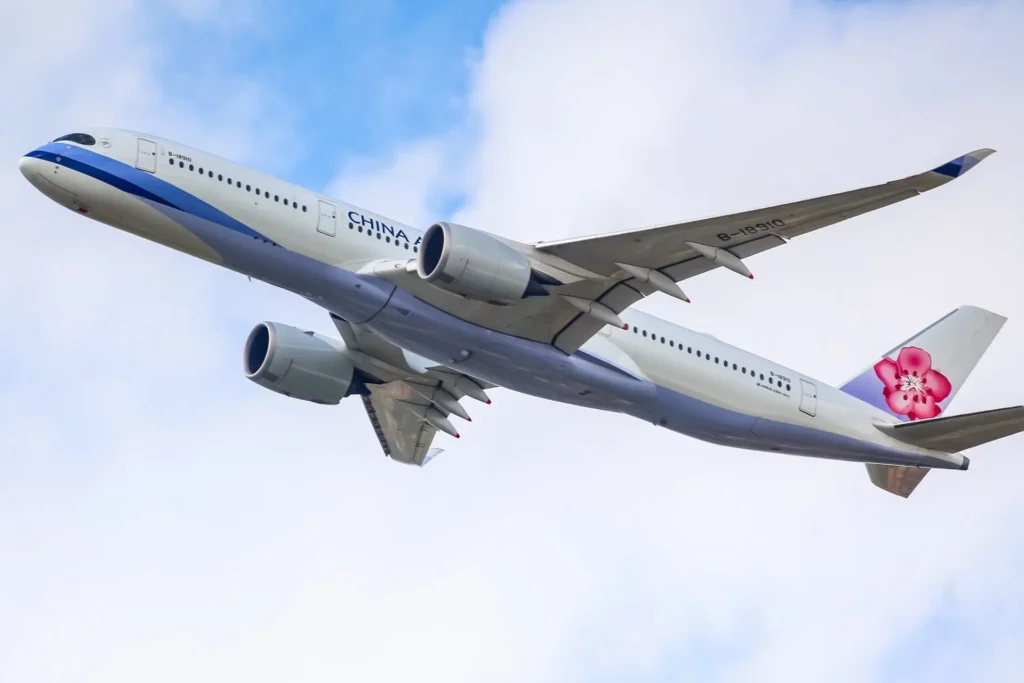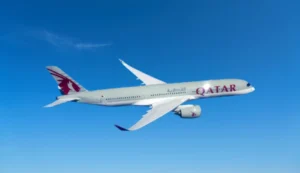China Airlines to Split $4B Jet Order Between Boeing & Airbus
The decision by China Airlines to divide its multi-billion-dollar jet order between Boeing and Airbus reflects the complex nature of modern fleet planning. While technical and commercial factors are paramount, political considerations—especially the delicate U.S.-Taiwan-China relations—often influence such high-stakes decisions in this region.

Photo Source: AeroTime
Taiwan’s China Airlines is nearing a significant decision on its next fleet expansion, with plans to divide a multi-billion-dollar order for long-haul passenger jets between industry giants Boeing and Airbus. According to sources close to the airline, the decision is poised to be finalized soon, as Taiwan’s largest carrier looks to replace its aging fleet of Boeing 777-300ERs and secure capacity for future growth.
The airline is reportedly eyeing up to 20 new passenger jets, with the Boeing 777X and Airbus A350-1000 as the leading contenders. The deal, estimated to be worth nearly $4 billion after discounts, could see a roughly equal split between the two manufacturers, depending on the airline’s final selection.
In addition to the passenger jets, China Airlines is also deliberating over its freighter fleet, although this decision appears to be influenced by external factors, including the political context surrounding the U.S. presidential elections. Sources note that Taiwan’s geopolitical positioning plays a role in the final aircraft choice, as China Airlines navigates the complexities of both commercial and political considerations.
This deal would be a continuation of China Airlines’ efforts to modernize its fleet. In 2022, the airline placed an order for 16 Boeing 787-9 Dreamliners to replace its fleet of Airbus A330s.
China Airlines, which is majority-owned by the Taiwanese government, has emphasized that its fleet decisions are based on market demand and internal assessments, rather than external political pressure. Despite this, the airline’s decisions come at a time when Taiwan’s relationship with China and the U.S. are under intense scrutiny. Taiwan is keen to ensure strong ties with the U.S., its primary international backer.
Although no formal deal has been reached yet, the sources suggest that China Airlines’ board will have the final say on the types and number of planes. Both Airbus and Boeing declined to comment on the situation.
In response to the ongoing deliberations, China Airlines’ stock surged by 3.3% on Thursday, outperforming the broader market.






